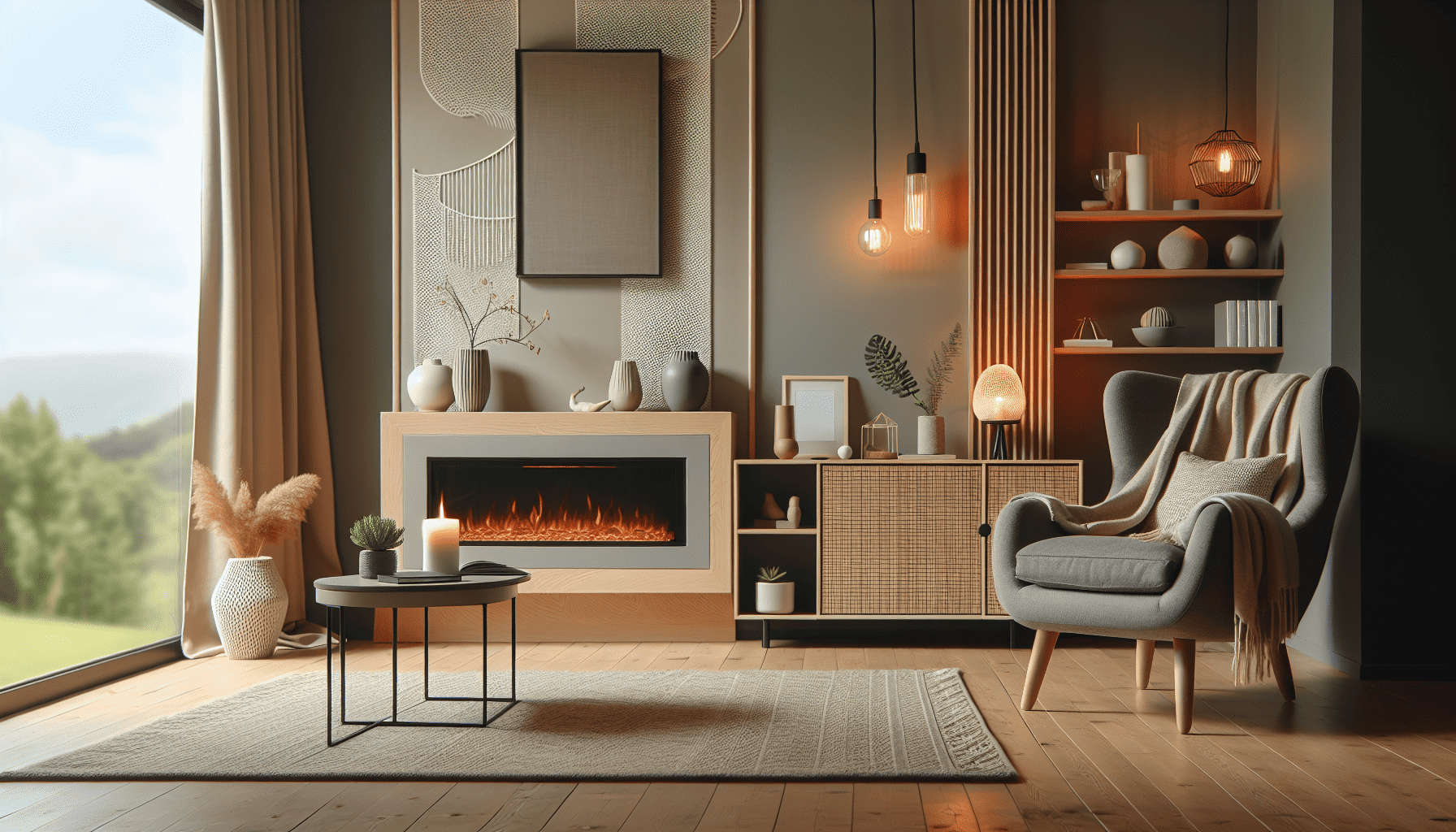A fireplace can be a stunning focal point in any home, creating a cozy atmosphere and offering warmth during the colder months. With various options available, selecting the right fireplace that suits your style and needs requires careful consideration. Whether you prefer the traditional charm of wood-burning fireplaces, the convenience of gas models, or the ease of electric units, understanding the benefits and limitations of each type will help you make an informed decision.
Wood-Burning Fireplaces: Rustic Charm and Authenticity
Wood-burning fireplaces offer the classic appeal of crackling logs and the nostalgic aroma of burning wood. They are ideal for those who appreciate a traditional, rustic aesthetic and the hands-on experience of building a fire. On the downside, wood-burning fireplaces require regular maintenance, such as cleaning ashes and creosote buildup. Additionally, they demand a steady supply of seasoned wood and proper ventilation to ensure safety and efficiency.
Gas Fireplaces: Convenience and Efficiency
Gas fireplaces are popular for their convenience, requiring only a flip of a switch or push of a button to ignite. They provide consistent heat and are available in various styles, from modern to traditional, making them a versatile option for many homes. Gas fireplaces require less maintenance than wood-burning types and offer the advantage of being easily installed in both new constructions and existing homes. However, they rely on a natural gas or propane supply, which can be a consideration for some homeowners.
Electric Fireplaces: Versatile and Easy to Install
Electric fireplaces are an excellent option for those who want the ambiance of a fireplace without the need for extensive installation. They are versatile, coming in numerous styles and designs, including wall-mounted, insert, and standalone units. Electric fireplaces are energy-efficient and can be used year-round since they can operate without heat, providing visual appeal even in warmer months. While they may lack the authenticity of a wood or gas fireplace, their ease of installation and minimal maintenance make them a practical choice for many.
Key Factors to Consider
When selecting the perfect fireplace, consider the following factors:
-
Home Style and Aesthetic: Choose a fireplace that complements your home’s design. A sleek, modern electric fireplace might suit a contemporary home, while a classic wood-burning stove could be ideal for a rustic setting.
-
Installation and Ventilation: Evaluate the feasibility of installation in your desired location. Wood-burning and gas fireplaces often require chimneys or venting, while electric fireplaces offer more flexibility.
-
Energy Efficiency: Consider the fireplace’s energy consumption and efficiency. Gas and electric fireplaces are generally more efficient than wood-burning models, which can lose heat through the chimney.
-
Budget and Maintenance: Factor in installation costs, fuel expenses, and maintenance needs. Electric fireplaces are typically less expensive and easier to maintain, while gas and wood-burning units can have higher ongoing costs.
-
Usage and Lifestyle: Think about how you will use the fireplace. If you want the convenience of instant heat without the mess, a gas or electric fireplace might be best. If the ritual of lighting a fire is important, consider a wood-burning option.
Choosing the perfect fireplace involves balancing aesthetics with functionality. By understanding the unique advantages and considerations of wood-burning, gas, and electric fireplaces, you can select a unit that brings warmth, beauty, and joy to your home for years to come.
